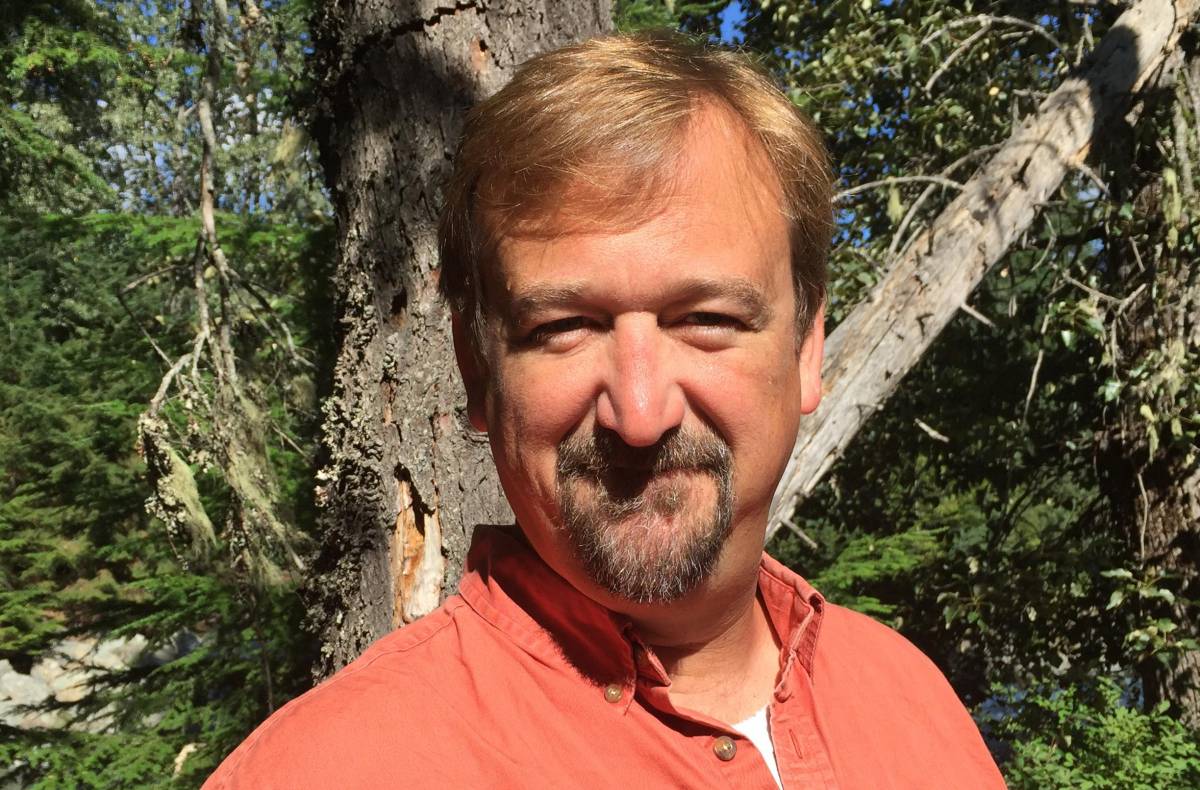Environmentalist Graham Saul is the most recent Metcalf Innovation Fellow. The Metcalf Innovation Fellowship program provides critical thinkers with the opportunity to ask hard questions and propose solutions to systemic issues in the areas in which the Foundation works. Over the years, Metcalf Innovation Fellows have tackled a wide range of topics including precarious work, social finance in the arts, improving Toronto’s public parks, and the promise of shared charitable platforms.
Graham has spent the past twenty-five years focused on social and environmental justice issues and has worked both in Canada and abroad, including at Oxfam International’s office in Mozambique, the Washington D.C. based Bank Information Centre, Climate Action Network Canada, and Ecology Ottawa.
A few years ago, Graham, a passionate reader of history, found himself reflecting on the elements that made great social movements, such as the abolitionists, the U.S. civil rights movement, anti-colonial struggles, and the women’s movement, successful. Saul observed that each movement had simply expressed, definable goals – such as freedom, equality, justice – and that these words galvanized people. But when he thought about the environmental movement and whether it had a similarly focused goal, Graham realized that the answer was less definitive.
The Metcalf Innovation Fellowship provided Graham an opportunity to explore this question in greater detail. In writing Environmentalists, what are we fighting for?, Graham conducted extensive interviews with over 100 leading environmentalists and critical thinkers, and the results of the research surprised even Graham himself.
We reached Graham by phone in Ottawa, where he is Executive Director of Nature Canada.


